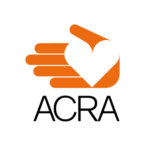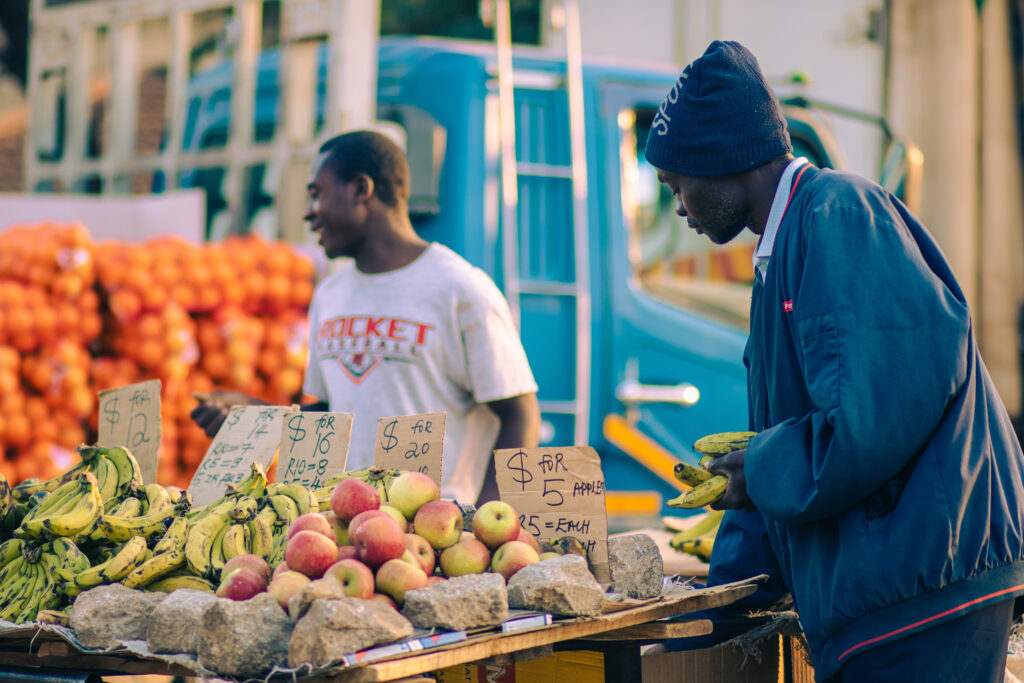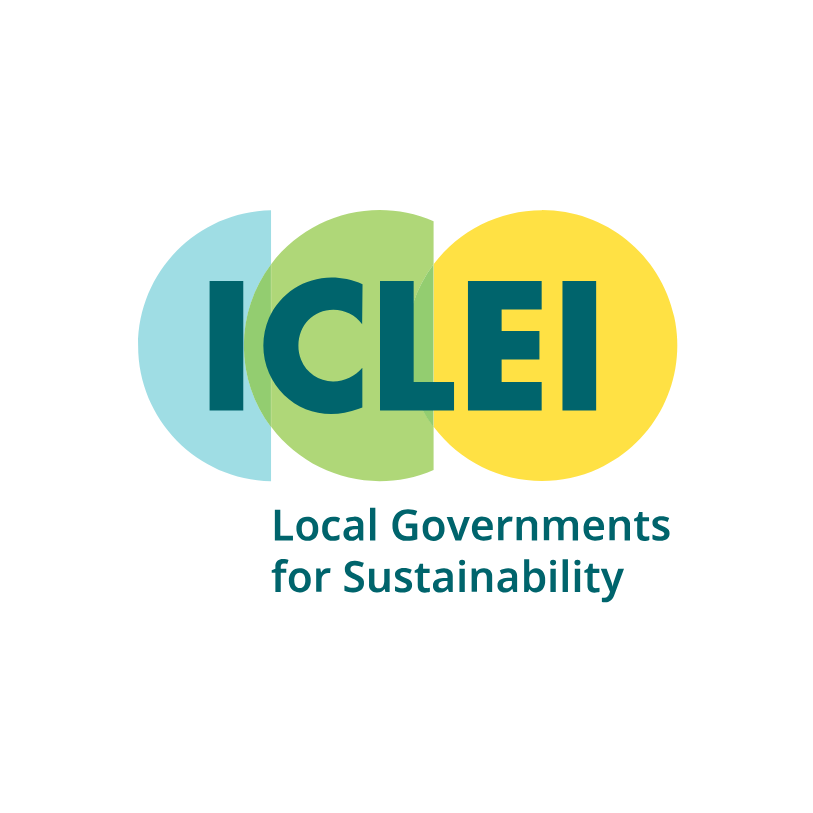Home » Explore the latest project news » Reflections from the field: ACRA’s journey with AfriFOODlinks
Reflections from the field: ACRA’s journey with AfriFOODlinks
ACRA's involvement in the AfriFOODlinks project underscores its dedication to international cooperation and innovation
ACRA is a non-governmental, secular and independent organisation, founded in Milan in 1968 and committed for over fifty years to international cooperation, the protection of human rights and the fight against poverty and inequalities. ACRA works together with local communities in Africa and Latin America to guarantee the right of access to food, water, education, energy; to protect the environment; and to support inclusive and lasting growth by valuing local talents and promoting gender equality. In Europe and Italy it promotes a culture of dialogue, integration, intercultural exchange and solidarity and implements projects to combat gender violence and fight climate change. ACRA organises global citizenship education activities for schools and young people and is committed to promoting agricultural models and sustainable consumption practices.
Recently, ACRA has been actively engaged in EU-funded Horizon projects, furthering its mission by exploring and applying innovative approaches to complex global challenges. As an NGO, we have realised the importance of research, of testing innovative pilot projects on a small scale and of developing different types of partnerships. This allows us to improve our intervention techniques and to carry out a process of self-reflection to review our approach to the issues we are working on.
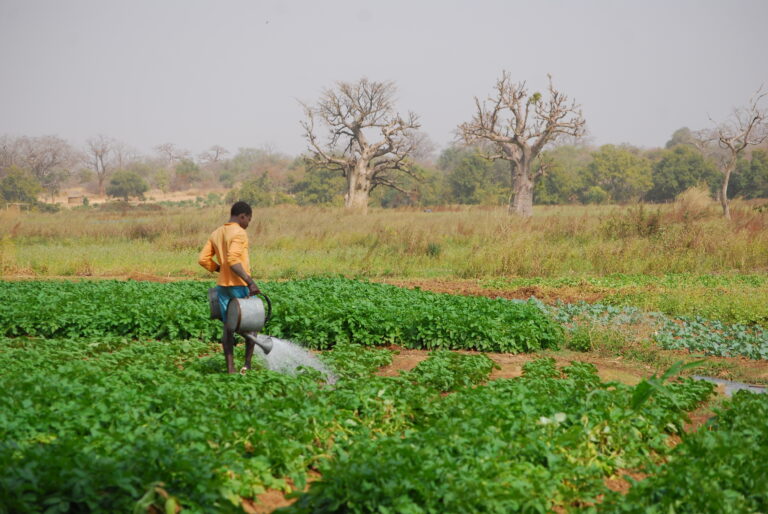
Contributing with our knowledge and learning from others
ACRA’s extensive work on food security in the Sahel region and its consolidated partnership with the secretariat of the Milan Urban Food Policy Pact, have positioned us as key contributors to the AfriFOODlinks project.
This project enabled us to collaborate with universities, municipalities, and associations across several cities, facilitating a fruitful horizontal exchange of practices and knowledge essential for innovation and improvement. We have tested new participatory problem analysis methods, conducted baseline studies, and mapped key actors in the entrepreneurial ecosystems of five AfriFOODlinks Hub Cities: Cape Town (South Africa), Kisumu (Kenya), Mbale (Uganda), Ouagadougou (Burkina Faso), and Tunis (Tunisia).
During this time, we tried out new ways to analyse problems together with the communities. First, we created a solid foundation by identifying and mapping the key players involved, which is crucial for any development project. In each AfriFOODlinks hub city, we worked with a diverse group of people who shared a common interest in understanding the challenges and dynamics of their local environments. This collaboration allowed us to gather different perspectives and information.
We combined data from questionnaires with insights from researchers and feedback from local associations and representatives involved in the food supply chain. This helped us create a detailed map of the entrepreneurial ecosystems in the five Hub Cities.
This groundwork is essential for reflecting on how to support small and medium enterprises in these cities, and to promote job opportunities for youth and women. By understanding the needs of traders, small producers, retailers, women processing agricultural products, and young job seekers, we were able to see the importance of these entrepreneurial ecosystems, their deep cultural ties, and the need to address them in a collaborative and organised way.
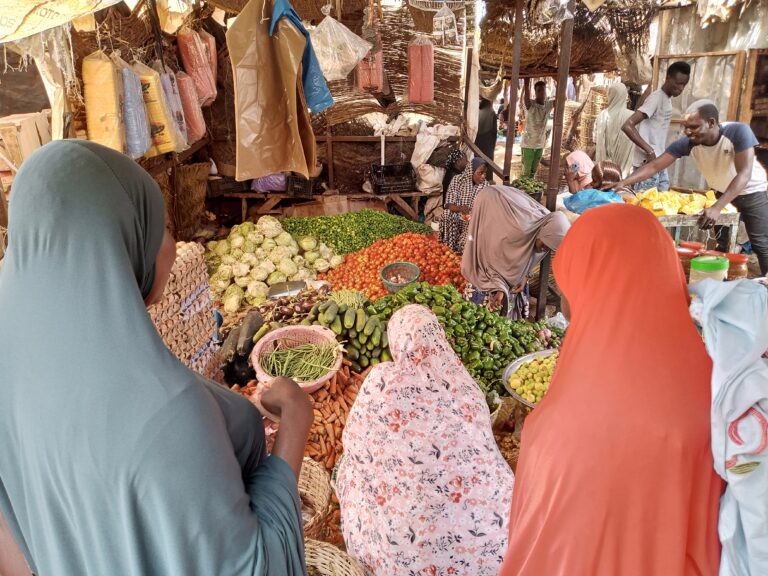
Our findings
Our analysis revealed significant differences among the entrepreneurial ecosystems of these cities. For instance, Cape Town grapples with the dominance of large retailers in the food supply chain, while Tunis faces bureaucratic challenges for small entrepreneurs. Kisumu and Mbale need better coordination of small production entities, whereas Ouagadougou requires infrastructure and training enhancements. These insights will guide our support for small and medium enterprises in addressing their specific challenges.
These specificities have emerged more clearly as the different cities interacted with and compared each other’s cases. As the project now moves towards implementing solutions to the identified needs and problems, this exercise will help us support small and medium enterprises tackling the issues of each individual context. Preparing for the practical phase, including enterprise incubators, we are optimistic about the outcomes of this collective effort.
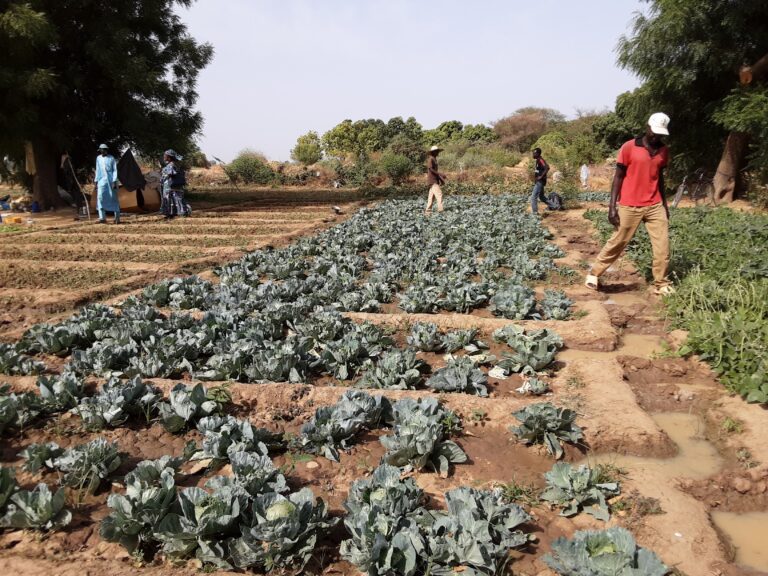
What it means working on AfriFOODlinks
Despite my involvement being primarily online, the richness of the exchanges and the effective data collection have provided not only a profound understanding of the specificities of each city, but especially solid and sincere relationships with the people involved. For me personally, and for ACRA, this experience is invaluable, enhancing our skills and informing future projects.
After online validation of our findings, we were thrilled to see our work become the foundation for productive discussions with the participating cities. These in-depth analyses have set the stage for the next, more hands-on phase of the project, where we’ll tackle the needs and issues identified through our interactions.
Being part of this collaborative process, engaging with so many diverse voices, has been eye-opening. We’ve gained a deep understanding of the complexities surrounding urban food systems and discovered numerous ways to enhance the entrepreneurial landscapes in these cities. It’s exciting to think about the ideas and projects that have emerged from this long collective journey and to see how they will unfold and make a real impact.
Explore
"EU-AU collaboration"

Read more about
"EU-AU collaboration"
READ MORE
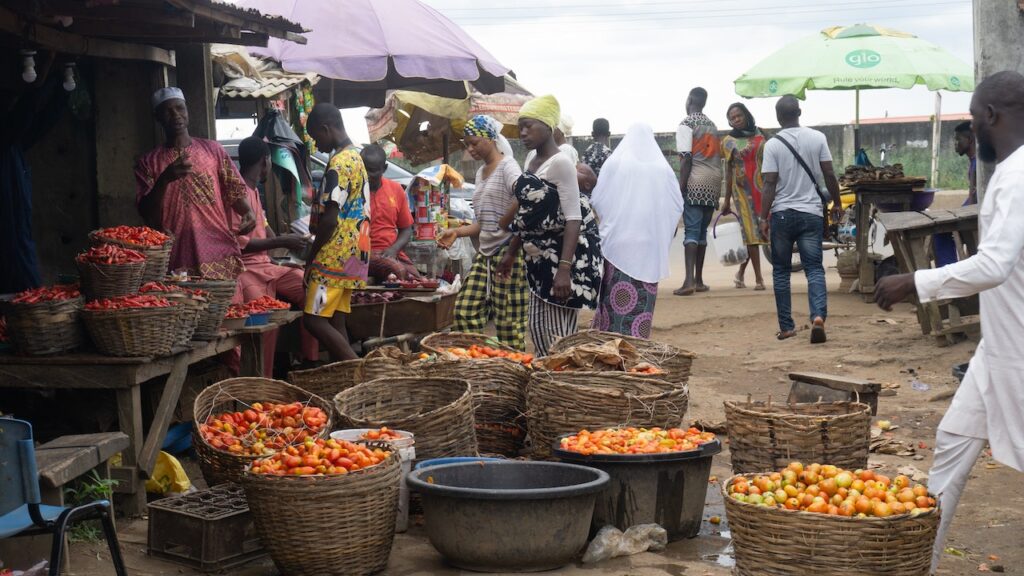
Cultivate Marketplace for transforming African urban food systems: Building bridges between cities and global funders
Unlike a traditional pitch event, the Marketplace will create a structured, low-risk space where cities and funders can learn from one another, exchange insights, and explore alignment.

